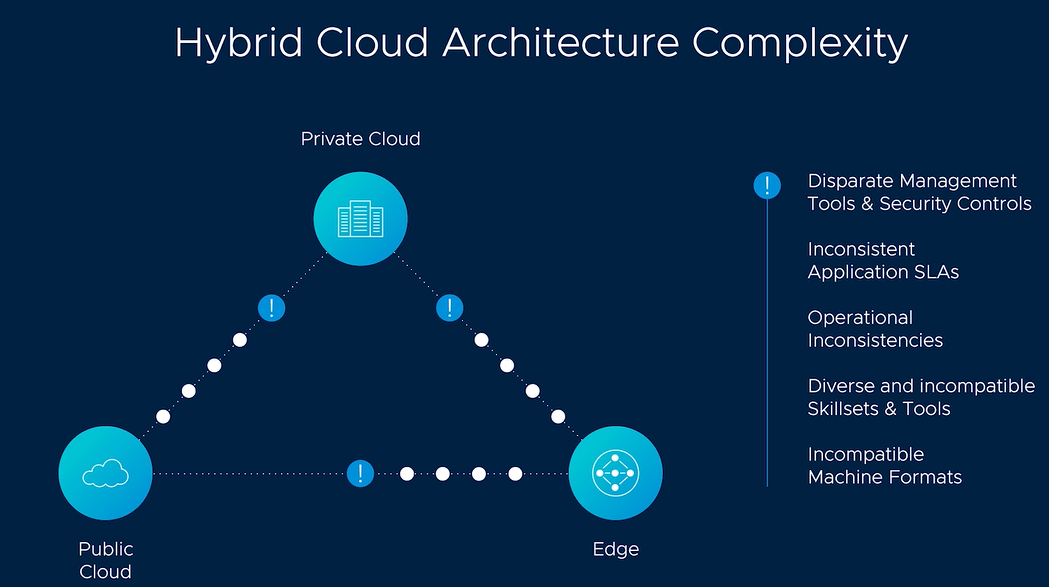- Community Home
- >
- Services
- >
- The Cloud Experience Everywhere
- >
- VMs in the Hybrid Cloud Era: New Opportunities Up ...
Categories
Company
Local Language
Forums
Discussions
Forums
- Data Protection and Retention
- Entry Storage Systems
- Legacy
- Midrange and Enterprise Storage
- Storage Networking
- HPE Nimble Storage
Discussions
Forums
Discussions
Discussions
Discussions
Forums
Discussions
Discussion Boards
Discussion Boards
Discussion Boards
Discussion Boards
- BladeSystem Infrastructure and Application Solutions
- Appliance Servers
- Alpha Servers
- BackOffice Products
- Internet Products
- HPE 9000 and HPE e3000 Servers
- Networking
- Netservers
- Secure OS Software for Linux
- Server Management (Insight Manager 7)
- Windows Server 2003
- Operating System - Tru64 Unix
- ProLiant Deployment and Provisioning
- Linux-Based Community / Regional
- Microsoft System Center Integration
Discussion Boards
Discussion Boards
Discussion Boards
Discussion Boards
Discussion Boards
Discussion Boards
Discussion Boards
Discussion Boards
Discussion Boards
Discussion Boards
Discussion Boards
Discussion Boards
Discussion Boards
Discussion Boards
Discussion Boards
Discussion Boards
Discussion Boards
Discussion Boards
Discussion Boards
Discussion Boards
Community
Resources
Forums
Blogs
- Subscribe to RSS Feed
- Mark as New
- Mark as Read
- Bookmark
- Receive email notifications
- Printer Friendly Page
- Report Inappropriate Content
VMs in the Hybrid Cloud Era: New Opportunities Up for Grabs
Like just about everything in IT, server virtualization solutions are heading steadily in the direction of hybrid cloud. The rationale for the hybrid approach is clear. Companies across industries view public cloud services as a way to gain flexibility, accelerate innovation, align costs, and reimage business models to meet new imperatives. At the same time, they recognize that certain workloads should be kept on-premises, due to security or compliance concerns or the need to minimize network latency and performance issues. The hybrid paradigm, with its dynamic mix of on-prem and multi-cloud infrastructure, has deep implications for companies’ virtualization strategies.
The major market players are well aware of that fact. The dominant player, of course, is VMware, which has been steadily expanding the public-cloud footprint of its solution stack through joint partnerships with providers like AWS and Microsoft Azure. The core of VMware’s cloud strategy is the VMware Cloud Foundation (VCF), a suite of products including VMware vSphere, VMware vSAN and VMware NSX. Simply put, VCF is the ubiquitous hybrid cloud platform for virtualization, from data center to cloud to edge. For example, AWS offers VMware Cloud on AWS, a service which enables customers to consume VCF running on bare metal in certain AWS availability zones.
But whether most companies are ready to reap the benefits of hybrid cloud for VMs is an open question. In the last decade or so, the majority of IT organizations have invested heavily in VMware’s flagship vSphere product. However, according to VMware, a large number of businesses are still running legacy versions, such as vSphere v5.5 or earlier.
Reasons to refresh
These VMware customers are facing a number of challenges because they no longer have access to active support for security patches and bug fixes. The business impact of any security exposure is potentially huge; cyberattacks can lead to massive operational expenses. Additionally, there’s no support for new hardware, which makes it difficult for these customers to refresh or modernize their infrastructure and workloads.
What’s more, support for vSphere 6.0 is expected to end by March 2020. That means a significant number of current VMware customers will be looking to migrate to the latest version of vSphere.
These organizations will find a lot to like in vSphere 6.7. Released in April 2018, this version delivers what VMware calls a “seamless hybrid cloud experience.” It offers unified visibility and manageability across on-prem and off-prem vSphere platforms, and it enables easier migration of VMs across those environments. This release also includes comprehensive, built-in security for both the hypervisor and the guest operating system, as well as enhanced data encryption.
The right partner for your next-gen VM strategy
If your company is among those running older versions of vSphere, you may not have given much thought to cloud-related aspects of your virtualization strategy up to now. And, understandably, you may feel hesitant to adopt a hybrid cloud approach for a technology that’s central to the performance of your data center. After all, the hybrid route, for all its advantages, does involve some architectural complexity. It calls for a different kind of operational setup, with its own specific expertise and tools. And it covers not only your public and private cloud environments, but also your Edge deployments, where your Internet of Things initiatives are steadily expanding.
HPE Pointnext Services’ deep experience and expertise in server virtualization and hybrid cloud can help you navigate the complexity, build your next-gen VM strategy, and generate even more value from your virtual machines. If you’re considering a server refresh to support a VMware upgrade, we can introduce you to options like HPE Synergy, our software-defined solution that enables you to quickly compose compute, storage and networking resources for any workload in your hybrid environment. With services like HPE Right Mix Advisor, we help you make the right decisions about where to house your applications and workloads, whether on-premises, in the public cloud, or at the Edge.
To take just a few use case examples, we can help you:
Migrate your workloads and applications to private clouds and/or public cloud services. This use case is ideal for companies that want to move workloads and applications from legacy versions of vSphere to vSphere 6.7, and/or to VMware platforms on AWS or Microsoft Azure.
Expand your on-prem infrastructure with on-demand capacity. HPE GreenLake for Infrastructure is ideal for companies that want to expand their on-premises footprint with pay-as-you-go capacity for innovative projects, new test, and dev environments, or specific workloads.
Reinforce your backup and disaster recovery strategy. Hybrid cloud solutions, including many server virtualization products, bring an extra level of resilience to your backup and recovery strategies by enabling you to distribute data among on-premises and off-premises resources. HPE can help you design and implement a backup and DR solution from the ground up. Or we can help you extend or replace your current solution.
To learn more, join us at VMworld 2019, coming up August 25-29 in San Francisco. I’ll be presenting a theatre session titled: HPE Pointnext Advisory and Professional Services for VMware Stack.
Come and chat with us about your VM projects at the HPE booth, number 939.
Read more about cloud consulting services from HPE Pointnext Services and how our global team of experts can help you accelerate your journey to hybrid cloud.
Mohammed_Safder
Mohammed Safder is a Global Business Services Segment Manager in HPE’s Advisory and Professional Services organization. He is accountable for solution incubation, commercialization and life cycle management of high-value services offerings, and provides business leadership to deliver differentiated experiences to HPE’s customers and partners.
- Back to Blog
- Newer Article
- Older Article
- Deeko on: The right framework means less guesswork: Why the ...
- MelissaEstesEDU on: Propel your organization into the future with all ...
- Samanath North on: How does Extended Reality (XR) outperform traditio...
- Sarah_Lennox on: Streamline cybersecurity with a best practices fra...
- Jams_C_Servers on: Unlocking the power of edge computing with HPE Gre...
- Sarah_Lennox on: Don’t know how to tackle sustainable IT? Start wit...
- VishBizOps on: Transform your business with cloud migration made ...
- Secure Access IT on: Protect your workloads with a platform agnostic wo...
- LoraAladjem on: A force for good: generative AI is creating new op...
- DrewWestra on: Achieve your digital ambitions with HPE Services: ...


